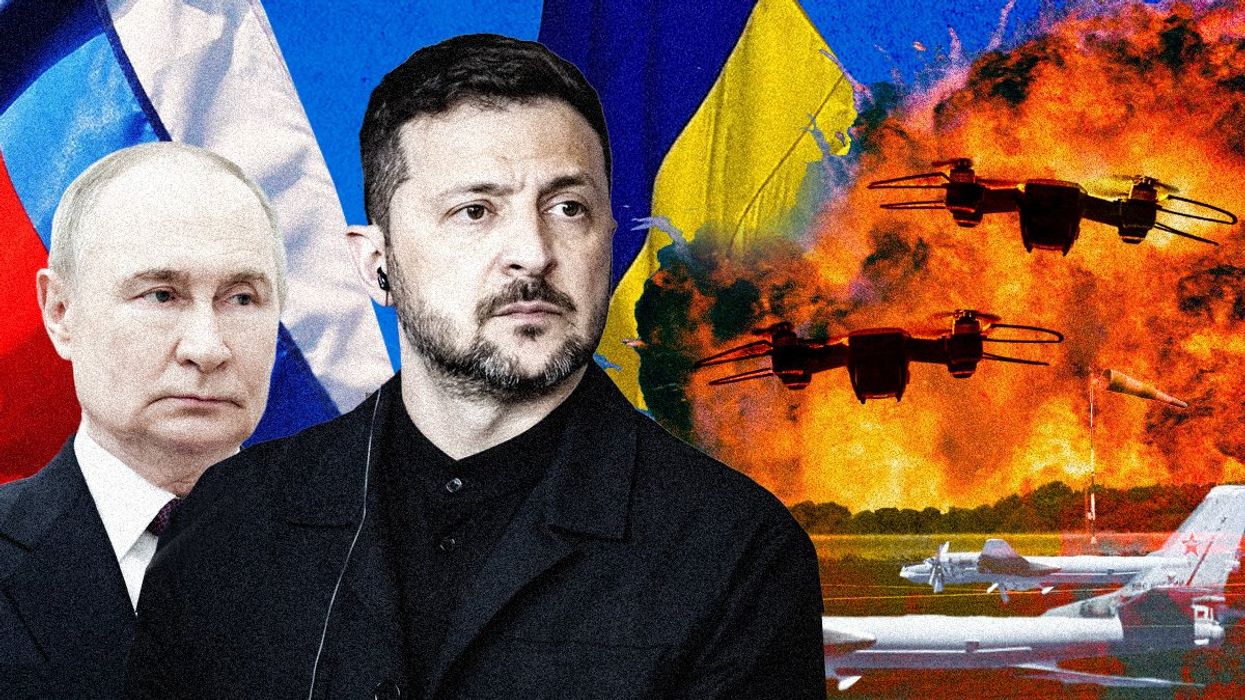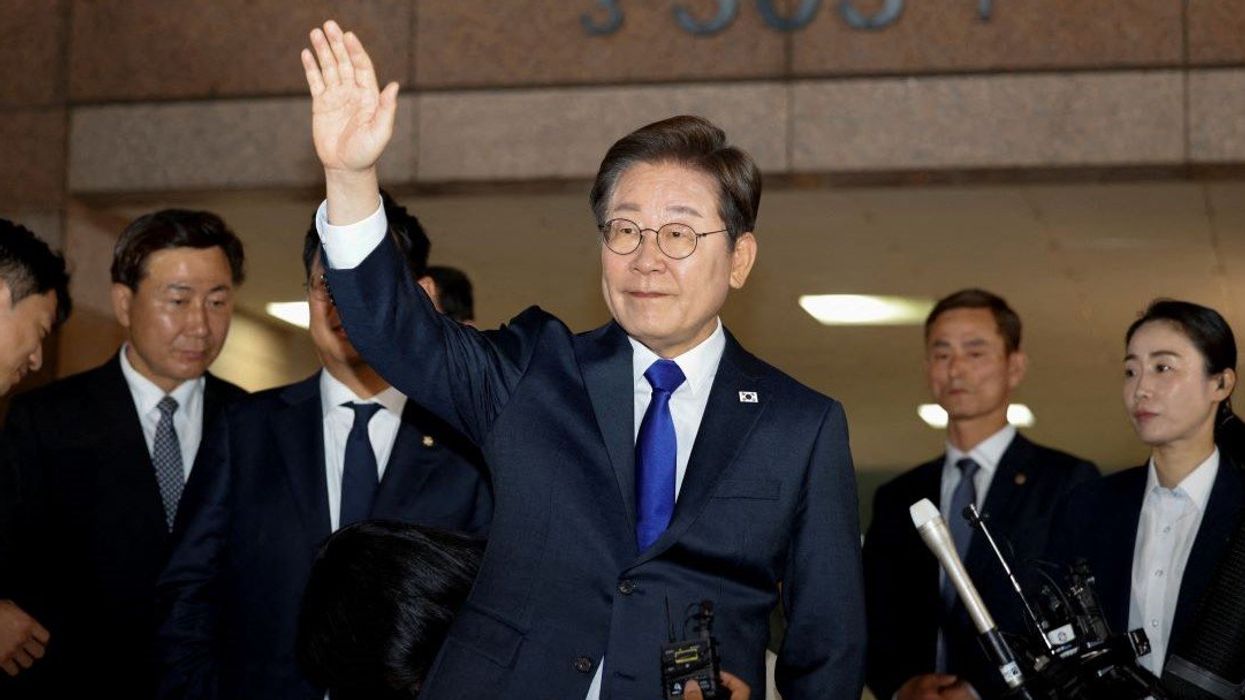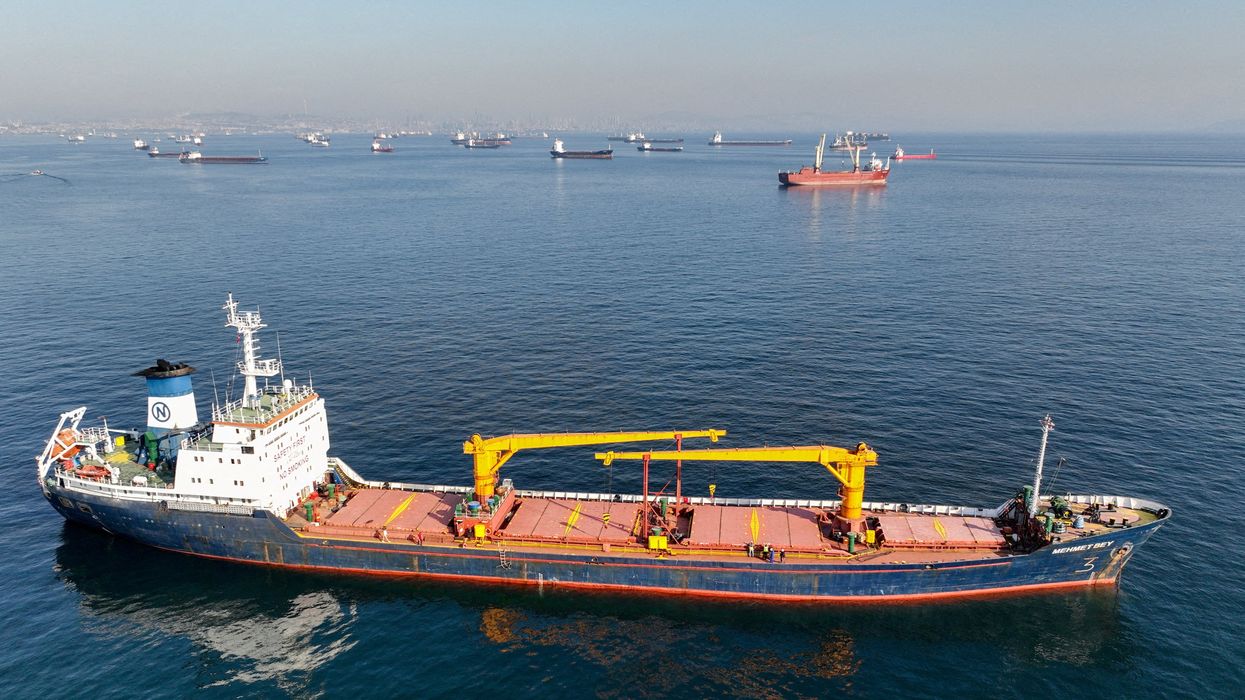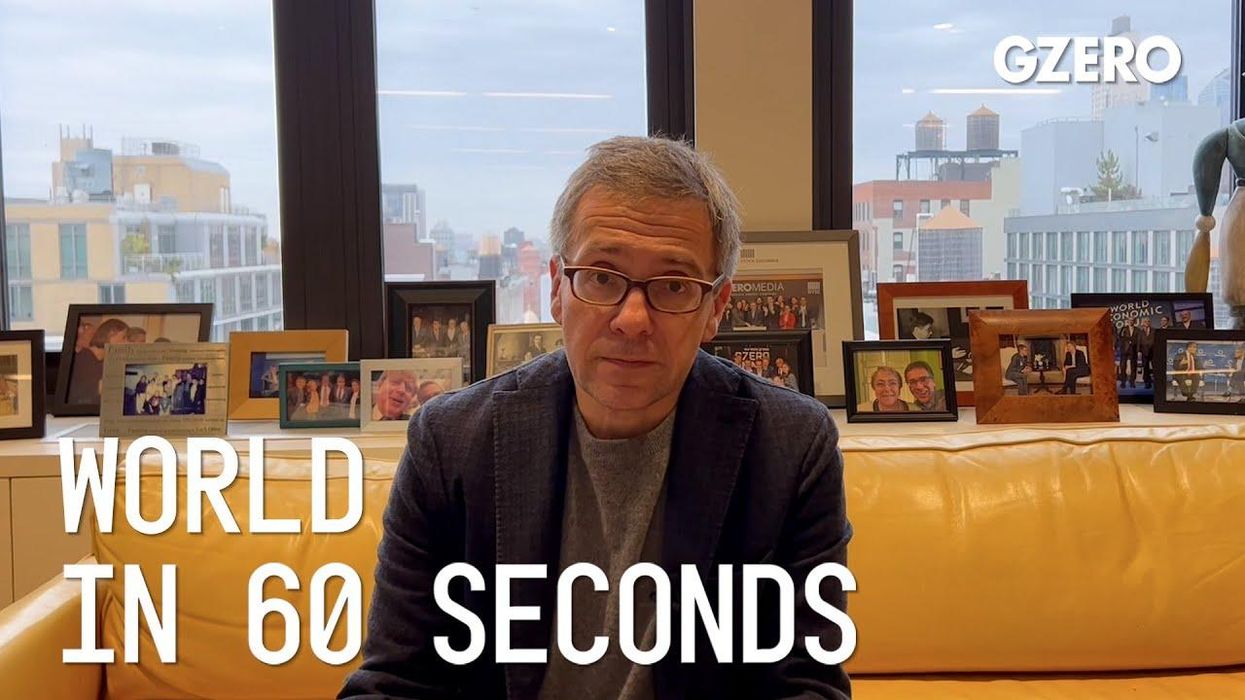popular
$300 Ukrainian drones vs. $100 million Russian bombers
On Sunday, Ukraine executed one of the most extraordinary asymmetric operations in modern military history. Using domestically built first-person-view (FPV) drones deployed from deep inside Russian territory, Kyiv launched a coordinated assault against several military airbases as far as eastern Siberia, the border with Mongolia, and the Arctic.
Jun 04, 2025




